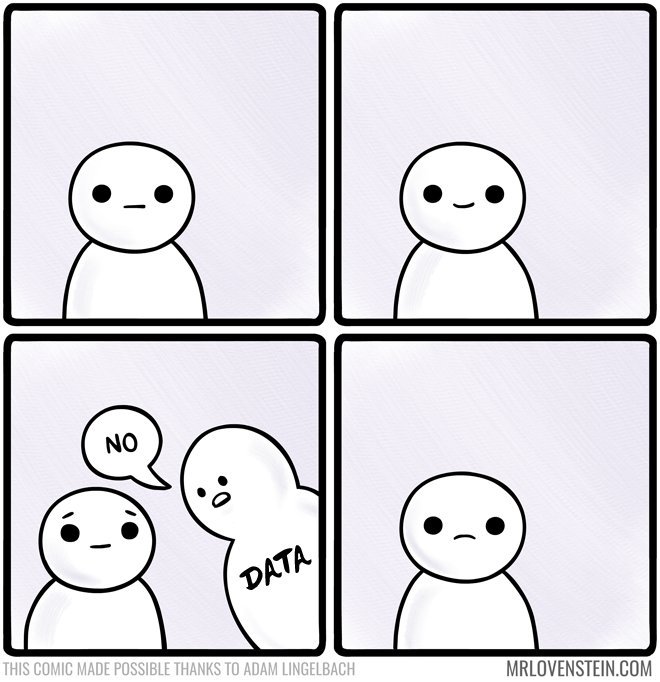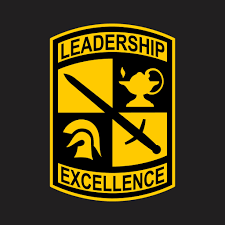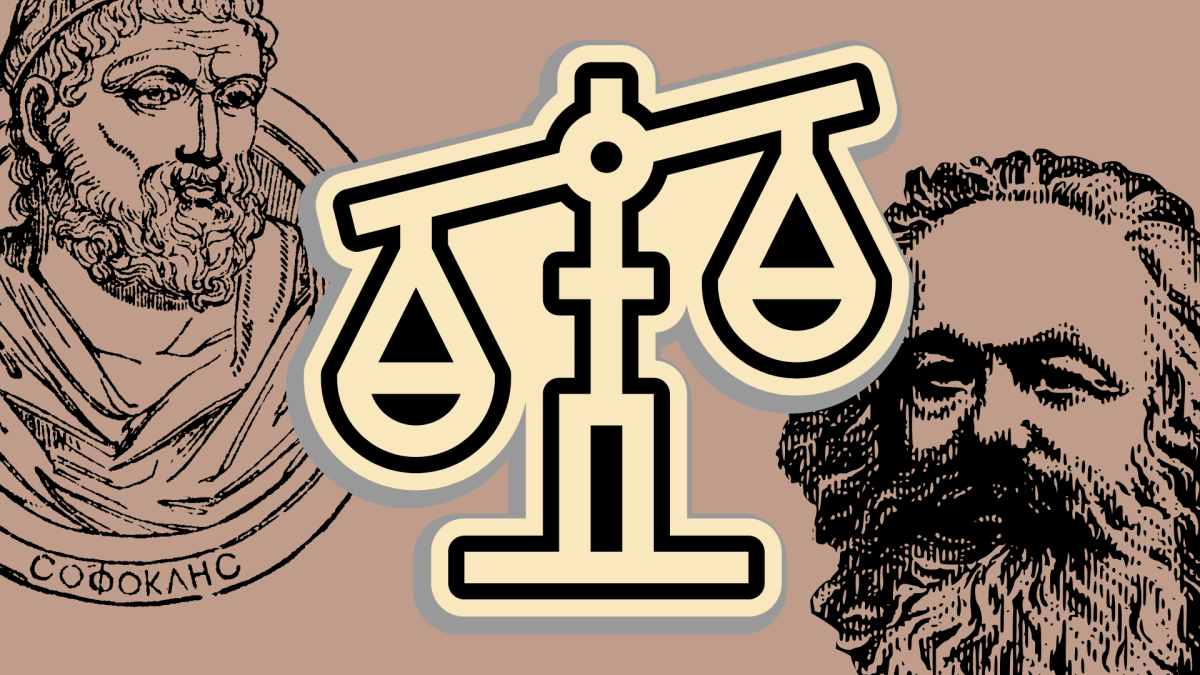What are Morals and Ethics?
Morals are the prevailing standards of behavior that enable people to live cooperatively in groups. Moral refers to what societies sanction as suitable and acceptable.
Ethics often describes the investigation and analysis of moral principles and dilemmas. As the topic has been explored, philosophers are creating new approaches to the study of ethics such as behavioral ethics and applied ethics.
The two words derive from the Latin words ethica and moralis.
Although these two have been used interchangeably, there are significant differences.
The Difference
Ethics will generally apply to decision-making and individuality rather than a group setting. Ethics also are related to professional work while morals will emphasize societal norms. Morals will differ from culture and religion.
For example, morals would lean towards telling the truth and being loyal. Ethics would lean towards empathy and respect.
Moral Philosophy
Moral philosophy contemplates what is right and wrong. It explores morality and how others should live their lives.
The three branches of moral philosophy include Meta-Ethics, Normative Ethics, and Applied Ethics. Meta-ethics makes you ponder the big picture, it will make you ask questions such as: “what is morality” or “How can I justify my beliefs as better than conflicting beliefs held by others?”. Normative ethics answers the question of what to do. It is the basic framework of what we believe to be right and wrong. Applied ethics address issues such as war and punishment but can also be used in every day life.
Moral philosophy overall will provide what we as humans can do to live an ethical life.

Ethics Philosophy
There are many different ethical theories but 5 stand out from the rest: Consequentialism, Liberalism, Virtue Ethics, Moral Absolutism, and Moral Nihilism.
At first glance, the word ‘consequentialism’ looks just like ‘consequence’, which will highlight the key term. It simply means to think of your actions and whether they are right or wrong based on the outcome. A white lie could be considered an example of being morally right.
Liberalism is the moral philosophy that prioritizes freedom. In present time, it has become a political philosophy that aims to prevent governments from interfering with the lives of people, except for when actions cause harm.
Virtue ethics is exactly how it sounds. It studies the virtue of a person based off of their actions. It is a vague philosophy going by opinions.
Moral Absolutism claims there are moral facts that will never change. For example, some may think stealing under any circumstance is bad.
Moral Nihilism is on the other end of the spectrum. It claims there are no moral facts whatsoever. Immanuel Kant suggested that if there is no God, there is no basis for morality.







































